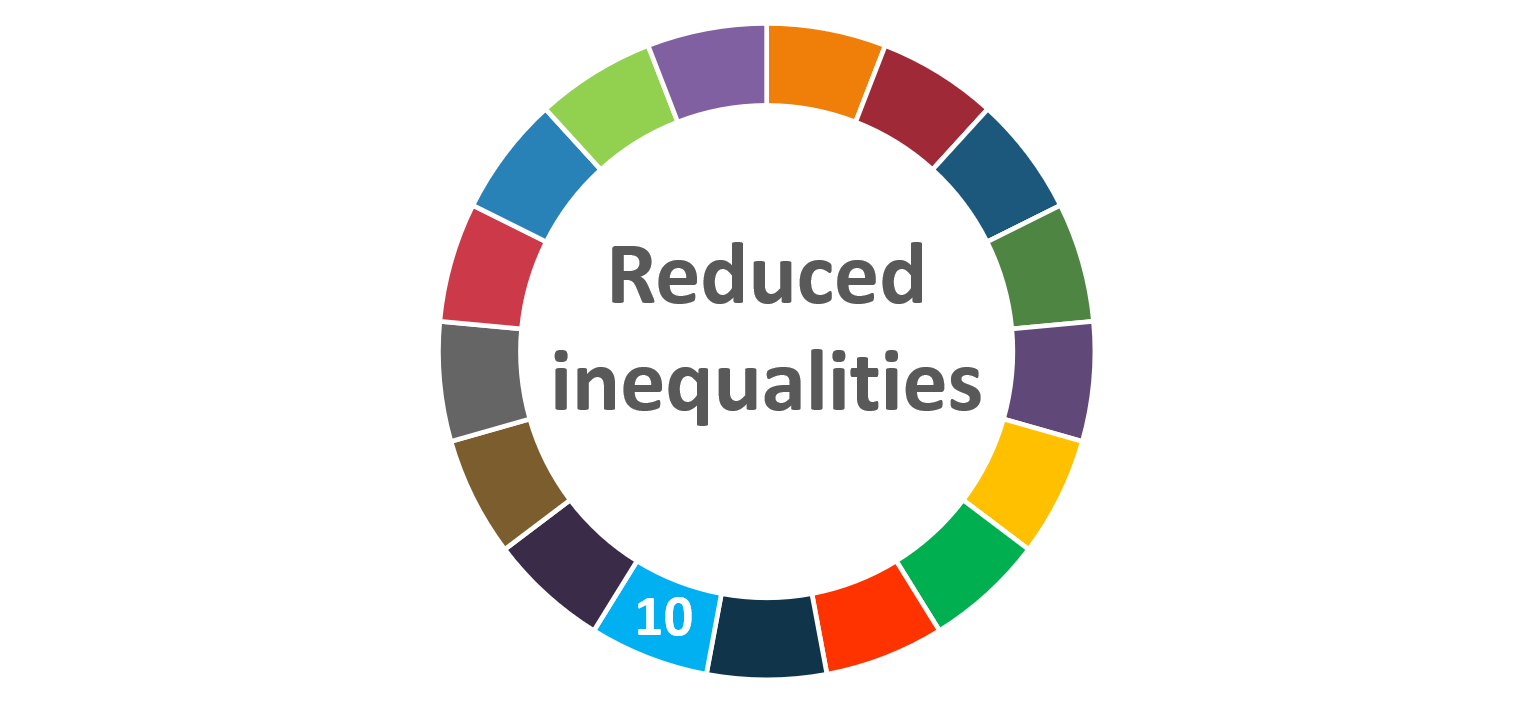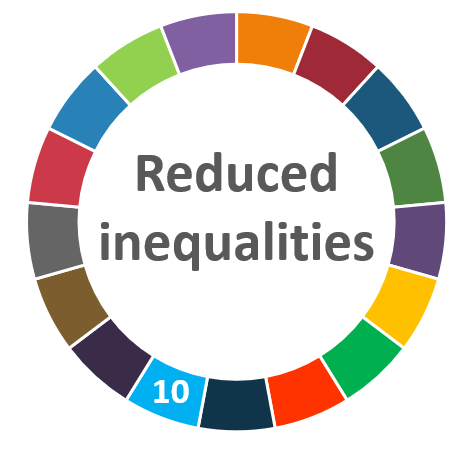
ΑΙhub.org
Focus on reduced inequalities: call for contributions

We are launching the next topic in our focus series on the UN sustainable development goals (SDGs). In May we will start publishing posts relating the goal of “reduced inequalities”, which is SDG number 10 on the UN list.

Would you like to get involved?
We are looking for researchers, users and stakeholders to write, or talk, about their work. If you are interested in communicating your research efforts to a wider audience then please do get in touch. Likewise, if you would like to make recommendations for people or specific topics we should feature, just send us an email.
The UN’s aim with this goal is to reduce political, financial and social inequalities, to provide equal opportunities, and to end discrimination. In this focus issue we’ll be considering any AI work, or opinion and discussion pieces, relating to these topics.
The deadline for contributions is 16 May 2021.
About the UN Sustainable Development Goals
The Sustainable Development Goals (SDGs) are a collection of 17 interlinked goals designed to be a “blueprint to achieve a better and more sustainable future for all”. The SDGs were set in 2015 by the United Nations General Assembly and are intended to be achieved by the year 2030.
The 17 SDGs are: (1) No Poverty, (2) Zero Hunger, (3) Good Health and Well-being, (4) Quality Education, (5) Gender Equality, (6) Clean Water and Sanitation, (7) Affordable and Clean Energy, (8) Decent Work and Economic Growth, (9) Industry, Innovation and Infrastructure, (10) Reducing Inequality, (11) Sustainable Cities and Communities, (12) Responsible Consumption and Production, (13) Climate Action, (14) Life Below Water, (15) Life On Land, (16) Peace, Justice, and Strong Institutions, (17) Partnerships for the Goals.
The world bank have created a series of interactive visualisations to display some key measures relating to each SDG. See the one for reduced inequalities here. Access the whole series here.
Read articles on our previously featured topics
Good health and well-being
Climate action
Quality education
Life below water
tags: Focus on reduced inequalities, Focus on UN SDGs










